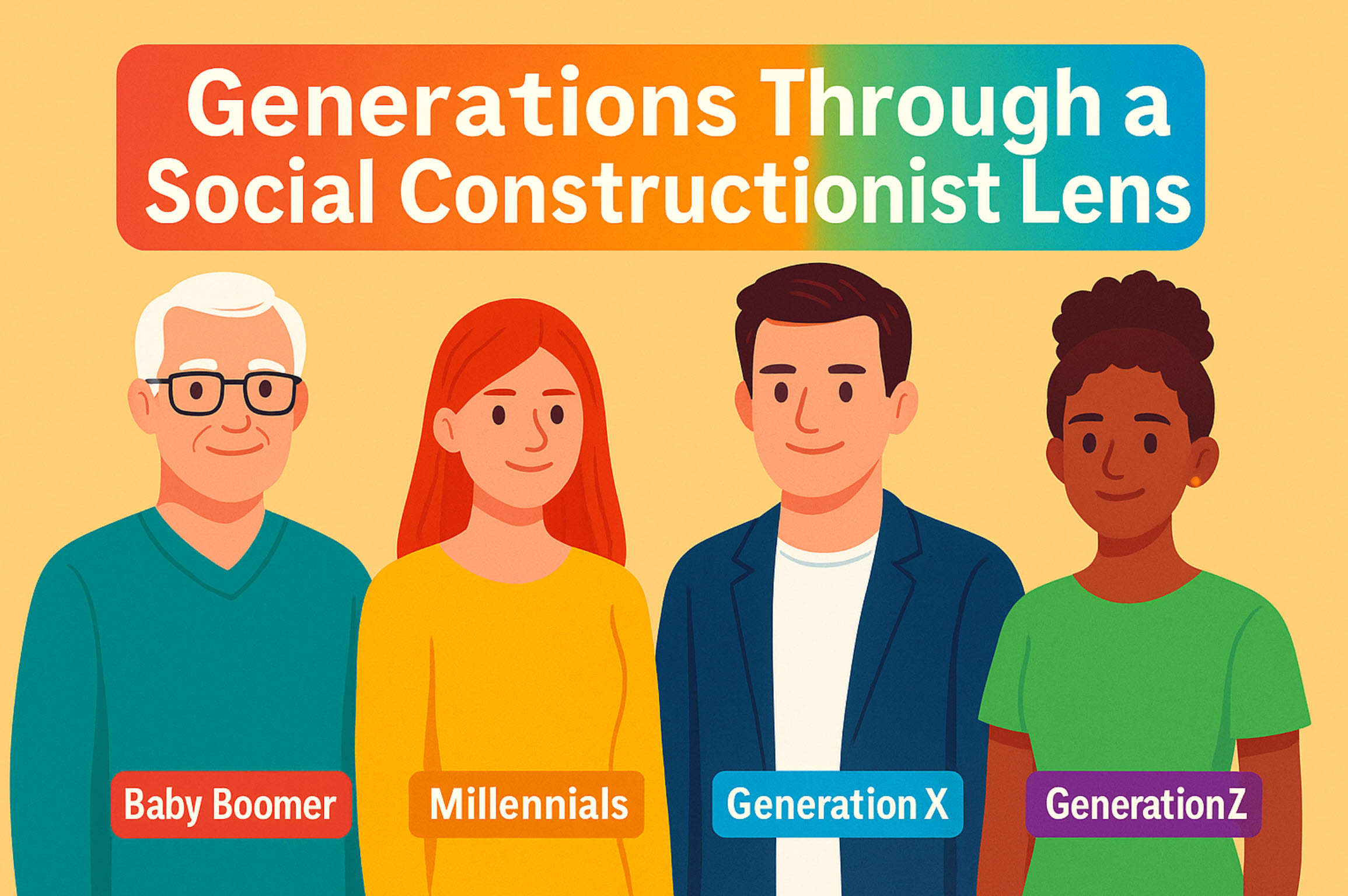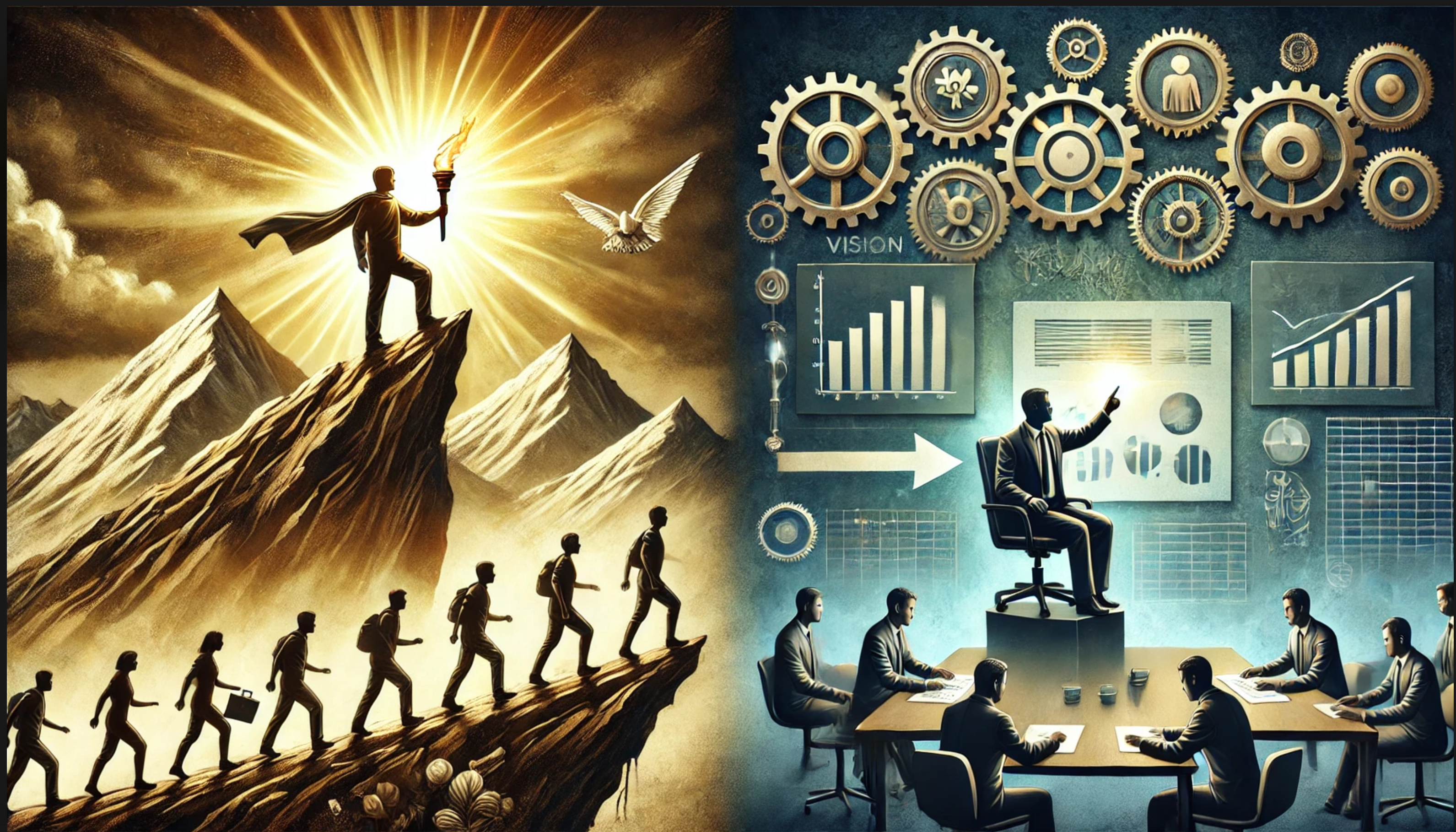
Generational Differences in Students: From Typewriters to TikTok
From typewriters and handwritten notes to tablets and AI-generated essays, the experience of being a student has evolved dramatically over the decades. These generational differences in students reveal how social norms and technology shape expectations around effort, feedback, and authority. As instructors, we often see how generational norms shape expectations about education—particularly regarding effort, feedback, authority, and reward. While it’s tempting to paint these differences as a decline in academic rigor or values, a deeper analysis suggests a more nuanced picture. Understanding generational differences in students requires examining entitlement as socially constructed. When we talk about Baby Boomers, Gen X, Millennials, and Gen Z, we’re really talking about generational differences in students. Using

The Moral Power of Thought: Hannah Arendt, Reflective Resistance, and The Emergent Self
In the spirit of The Emergent Self, we return often to a central idea: growth—real, transformative growth—requires reflection. Not just about who we are, but about how we live in relation to others, to systems of power, and to the truths we claim to hold. Few thinkers have articulated this better than Hannah Arendt, whose work continues to illuminate the quiet but urgent connection between thought and morality. Arendt’s most powerful insight may be this: thinking itself is a moral act. When we stop reflecting—when we surrender our judgment to charismatic leaders, seductive ideologies, or social pressures—we do not simply become passive. We become complicit. Without thought, we are capable of participating

“Mirror, Mirror—Again”: Snow White as an Allegory of Narcissism in the Second Trump Era and the Crisis of the Emergent Self
The timeless tale of “Snow White” offers more than just a narrative about good triumphing over evil; it serves as a profound allegory for understanding narcissism and its impact on leadership and society. The recent cinematic adaptation of this classic story provides a lens through which we can examine the dynamics of narcissistic leadership, drawing parallels to contemporary political figures, notably Donald Trump and his administration. The Narcissistic Archetype: The Evil Queen In “Snow White,” the Evil Queen epitomizes narcissism. Her obsession with being “the fairest of them all” drives her to extreme measures to eliminate any perceived threat to her superiority, including her stepdaughter, Snow White. This portrayal aligns with characteristics

Putin and His Oligarchs vs. Trump and His Oligarchs: A Comparative Analysis
The political landscapes of Russia under President Vladimir Putin and the United States during President Donald Trump’s administration exhibit intriguing parallels, particularly concerning the influence of wealthy elites—often referred to as oligarchs—and the leaders’ nationalistic agendas encapsulated in slogans like “Make Russia Great Again” and “Make America Great Again.” This article examines the roles of oligarchs in both administrations and analyzes how these slogans reflect their respective strategies for national revitalization. The Emergence and Influence of Oligarchs Russia: The Consolidation of Oligarchic Power The term “oligarch” became widely used in post-Soviet Russia during the 1990s, describing a small group of businessmen who amassed significant wealth through the rapid privatization of state assets.

Not All Leaders Are Managers, and Not All Managers Are Leaders: A Relational Perspective on the Emergent Self
In the evolving landscape of leadership and management, a fundamental distinction persists: not all leaders are managers, and not all managers are leaders. While both roles are essential, they serve distinct functions within organizations, politics, and society. America, in particular, seems to favor management over leadership, prioritizing control, efficiency, and structure over vision, inspiration, and transformation. This preference raises the question: Why does America shy away from strong leadership in favor of managerial oversight? The Fundamental Differences Between Leadership and Management At its core, leadership is about vision, inspiration, and guiding people toward a greater goal, while management is about maintaining order, structure, and efficiency. Leaders shape the future; managers maintain the

Balancing Structured Learning and Individual Growth: Designing Effective Learning Environments in Organizations
In today’s fast-paced and ever-changing world, organizations must create learning environments that not only foster structured, shared knowledge-building but also support individualized skill development. Achieving this balance ensures that employees grow both collectively and personally, leading to a more adaptive and innovative workforce. However, striking the right balance can be challenging—too much emphasis on structured learning may stifle creativity and personal agency, while an overreliance on individual learning may lead to inconsistency and a lack of cohesion within the organization. So, how can organizations design learning environments where both structured and individualized learning thrive without one overshadowing the other? The answer lies in a blended learning approach, integrating various strategies that cater
